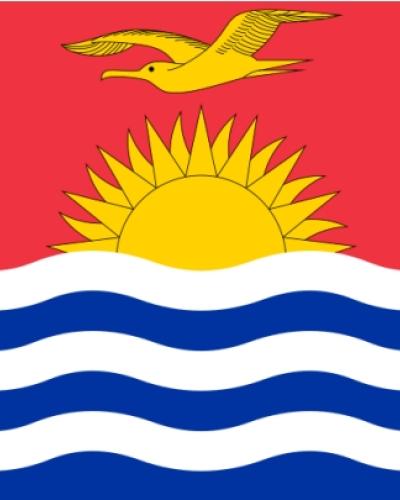The United Nations Micronesia Kiribati National Study 2024/25

The Kiribati National Study covers a wide range of issues pertaining to the sustainable development of this island nation, including emerging opportunities as well as complexities and circumstances to which the United Nations is seeking balanced solutions and strategies. The analysis was piloted within the United Nations 2030 Agenda for Sustainable Development or the Sustainable Development Goals (SDGs). Additionally, the analysis is focused on five main pillars of the 2030 Agenda – also known as the 5Ps – namely: people, prosperity, planet, peace, and partnerships.
Kiribati is located in the central Pacific Ocean and comprises 32 low-lying atolls covering 180 square kilometres. Because of its low atoll position, Kiribati is heavily affected by the implications of climate change, including strong storms and sea level rise. This has direct impacts on agriculture and people's livelihood. Kiribati also faces various cross-cutting challenges common to most Small Island Developing States (SIDS). These problems are caused in large part by limited natural resources, a highly specialized economy, and geographic remoteness leading to high transport costs and difficult access to overseas markets.







